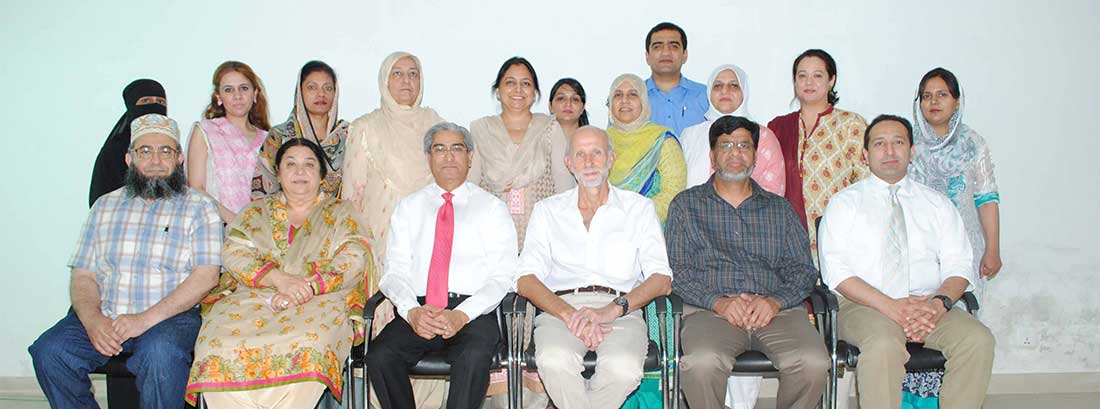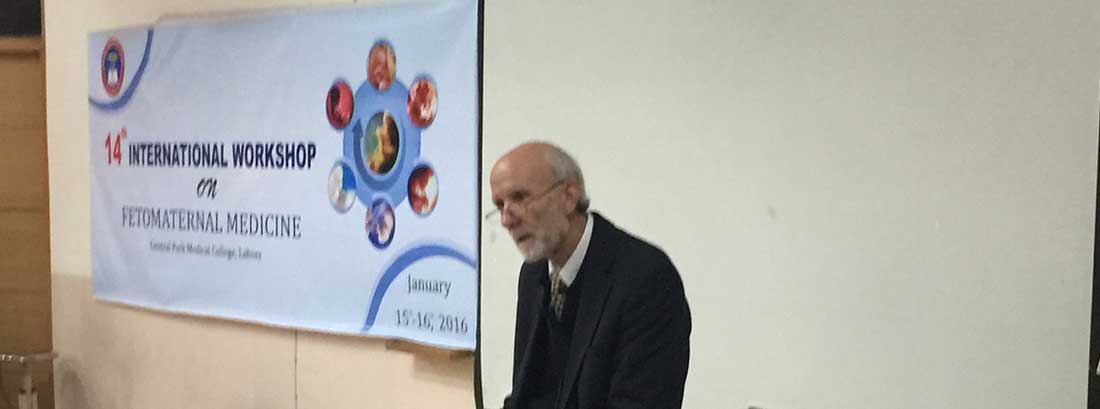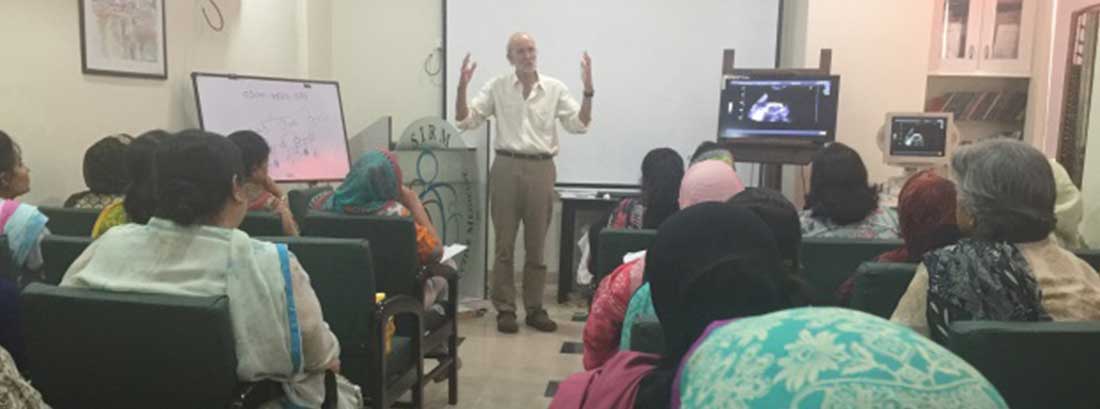The NIFTY test is a non-invasive prenatal test (commonly termed an NIPT) that screens for Down Syndrome and certain other genetic conditions caused by extra or missing genetic information in the baby’s DNA.
NIFTY consists of a small maternal blood draw and is available from as early as week 10 of pregnancy. Results are available within 10 working days.
NIFTY offers higher rates of accuracy than traditional screening tests and, unlike invasive procedures such as amniocentesis, poses no miscarriage risk to the mother or baby.
What does NIFTY screen for?
NIFTY screens for the three most common trisomy conditions present at birth which are Down Syndrome, Edwards Syndrome and Patau Syndrome. Independent validation studies, including the world’s largest study on the use of NIPT in clinical practice in nearly 147,000 women, have shown NIFTY has an accuracy rate of over 99% for detection of these conditions.
NIFTY also offers optional testing for other genetic conditions such as deletion syndromes and sex chromosome aneuploidies. If you choose to know, NIFTY can also provide gender information.
Remember, it’s always important to consult a qualified healthcare professional before taking any genetic test to make sure you fully understand the conditions being tested for.
| Trisomies | Sex Chromosome Aneuploidies | Deletion/Duplication Syndromes | Gender Identification |
| Down Syndrome (21) | Turner Syndrome | Cri-du-chat Syndrome | Male/Female |
| Edwards Syndrome (18) | Klinefelter Syndrome | 1p36 | |
| Patau Syndrome (13) | XXX | 2q33.1 | |
| 22 | XYY | Prader-Willi/Angelman Syndrome (15q11.2) | |
| 16 | Jacobsen Syndrome (11q23) | ||
| 9 | DiGeorge Syndrome II (10p14-p13) | ||
| 16p12 | |||
| Van der Woude Syndrome (1q32.2) |



